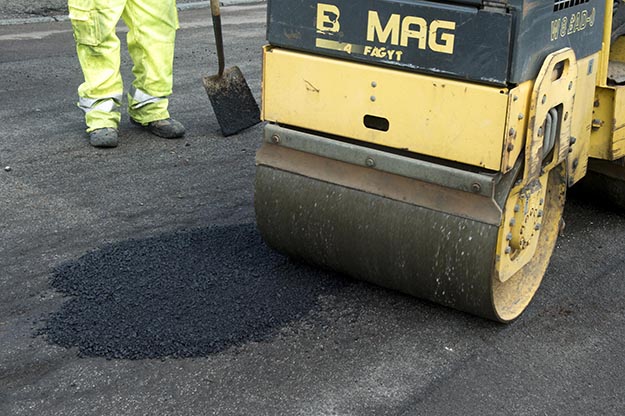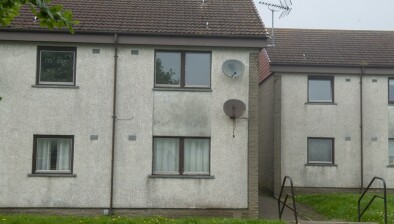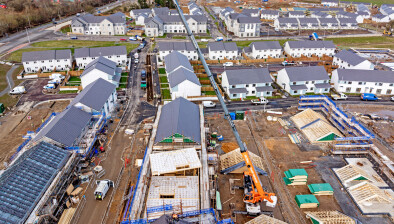Aberdeen approves £10m roads service budget

A roads service budget of £10.684 million to cover road and pavement repairs, safe routes to schools, lighting improvements, repairs to bridges, and flooding and coastal protection in Aberdeen has now been agreed.
Aberdeen City Council’s Net Zero, Environment, and Transport Committee approved the capital budget for the service which also includes money for signage, drainage, road safety, traffic lights, and pedestrian crossings for 2024-2025.
A report to the committee said the total capital spend would be £10.684m, as well as an additional revenue spend of £7.2m which has already been approved.
Co-leader Councillor Ian Yuill said: “The city council is committed to investing in resurfacing and repairing Aberdeen’s roads and pavements. Today’s decision confirms the importance the Council is now giving to the repair and maintenance of roads, pavements, and bridges as well as tackling flooding and coastal protection.”
The report to the committee outlined the spending for the areas:
- Traffic lights and pedestrian crossings - £274,000;
- Lighting improvements - £1,000,000;
- Cycling walking safer routes - £986,000;
- Pavement resurfacing - £1,500,000;
- Road resurfacing - £4,566,000;
- Drainage - £200,000;
- Weak and major bridge repairs - £940,000;
- Signage - £30,000;
- Flooding and coastal protection schemes - £808,000;
- A92/A96 de-trunked programme - £380,000.
The report to the committee said outside market challenges have the potential to significantly impact this, and future, year’s programmes. The ongoing war in Ukraine, the continued post-pandemic economic climate and Brexit have led to increased and uncertain prices from suppliers.
Whilst prices have stabilised somewhat since 2022, a significant degree of uncertainty remains. All financial values in this report are based upon best estimates of what costs will be this year, however if material prices, inflation & labour and plant costs continue to rise, sums significantly higher than those quoted in this report will be required.
The report outlined several ways in which the council is reducing its carbon footprint including new asphalt materials manufactured using lower temperatures.
Sites where pavement resurfacing is being carried out will be reviewed to identify places where it may be appropriate to plant trees. While trees have a positive environmental impact, care must be taken to only plant where appropriate so as not to cause damage to the surrounding pavements and roads which could negate any benefit brought by the tree.














